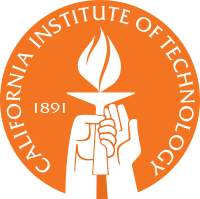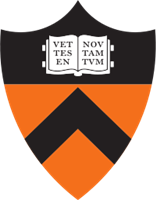- Find Your College
- Scholarships
- Pay for College
-
Articles
- COLLEGES
- Most Recent
- Affordability & Cost
- College Search
- Comparisons
- College Majors & Minors
- Myths
- News & Trends
- Tips, Tools & Advice
- Admissions
- Most Recent
- ACT & SAT
- College Admissions
- College Applications
- Myths
- Online Colleges
- Questions & Answers
- About
- Home
- >
- Browse All Majors
- >
- Physical Sciences
- >
- Astronomy and Astrophysics
- >
- Astrophysics
Astrophysics
Select Type of Degree:
Select State:
|
#1

California Institute of Technology
|
|||||||||||
|
#2

University of California-Berkeley
|
|||||||||||
|
#3

Princeton University
|
|||||||||||
|
#4

Rochester Institute of Technology
|
|||||||||||
|
#5

University of Colorado Boulder
|
|||||||||||
|
#6

Iowa State University
|
|||||||||||
|
*The estimated net prices above are College Raptor’s estimate. Please contact the college financial aid office for actual net cost figures.
|
|||||||||||
About Astrophysics
A program that focuses on the theoretical and observational study of the structure, properties, and behavior of stars, star systems and clusters, stellar life cycles, and related phenomena. Includes instruction in cosmology, plasma kinetics, stellar physics, convolution and non-equilibrium radiation transfer theory, non-Euclidean geometries, mathematical modeling, galactic structure theory, and relativistic astronomy.
New Jersey grants the most Masters degrees in Astrophysics of all US states with 12 degrees being granted last year. Students wanting to major in Astrophysics can expect around 32% percent of their classmates to be women and 68% percent of their classmates to be male. The majority students graduating in this field earn a Bachelors degree. The average annual income for an undergraduate degree in Astrophysics is $51,867.
Careers
For Astrophysics majors, some of the most in demand careers include Natural Sciences Managers, Atmospheric, Earth, Marine, and Space Sciences Teachers, Postsecondary and Physicists. Additionally, Astrophysics graduates may land a high-paying job, such as Physicists or Astronomers.
Top Paying Careers
These are the highest paying careers for Astrophysics majors.
Most In-Demand Careers
These are the careers in highest demand for Astrophysics majors.
-
#2 Physicists
-
#3 Astronomers
Student Demographics




Subscribe to Our Newsletter
Join thousands of students and parents learning about finding the right college, admissions secrets, scholarships, financial aid, and more.

College Raptor, Raptor, InsightFA, FinanceFirst, and “The Right College. The Best Price.” are registered trademarks of College Raptor, Inc.




